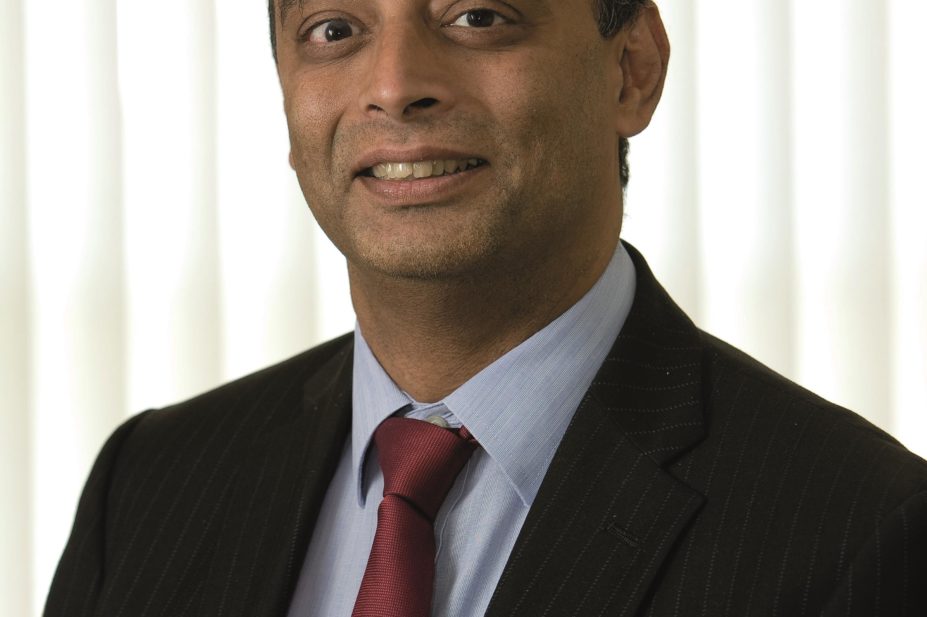
Having just been elected Royal Pharmaceutical Society (RPS) President, I believe there is much to do to continue the good work started by immediate past president Martin Astbury to develop the professional body. The RPS is your private club that no one other than pharmacists and pharmaceutical scientists can join. The challenge, as with any club, is to ensure relevance with what you do day to day.
Yet pharmacy is a diverse profession. When you hear about different RPS activities you might think “typical — they only care about that group of pharmacists. I don’t matter. I’m not valued”. Given the breadth of work ongoing, there is a good chance pharmacists in your area of concern feel the same way about your own practice setting.
For me, the ultimate challenge is getting the profession seen and spoken about in the same way as doctors and nurses. That is a tough job because those professions are perceived as the ones that make people better, even if it is by using the medicines that you and I know so much about.
However, I have no doubt that policymakers now acknowledge that pharmacy is an under-utilised resource that can help in managing the rising pressures facing a cash-limited NHS. We are seeing pilots on pharmacist access to patient records. This is a welcome step in the right direction but there is more still to do. The RPS, along with the other pharmacy bodies, needs to maintain the momentum and keep lobbying when things seem to start slowing down.
We now have the RPS Faculty, which has marked its first birthday. At the moment, membership is growing slowly but there is increasing interest as more people get to grips with the process of building and submitting their portfolios and employers start to see Faculty membership as a desirable criterion for job applicants. Nevertheless, I get many pharmacists asking “what’s the point?”
I understand that sentiment, and we need to work with the General Pharmaceutical Council to see this as a good way of recording CPD (rather than the formulaic method at the moment) and as a way to enable us to meet the standards for continuing fitness to practise when this is brought in. At the same time, we should view Faculty membership as a means of proving our capability to deliver new services and support continuous improvement of patient care. We may also be in a position to counter the mindset of “you have to do our training to deliver the service in our area”.
I have set myself the challenge of gaining Faculty accreditation as soon as possible and I have set the same challenge to Assembly and National Pharmacy Board members. I am going to propose we set up a league table of Faculty members by local practice forum (LPF), factoring in LPF size. Let’s see which is the top LPF at this time next year.
Feel free to get in touch with me to suggest how the RPS could help you do your job more effectively for your patients and the public we all serve.


